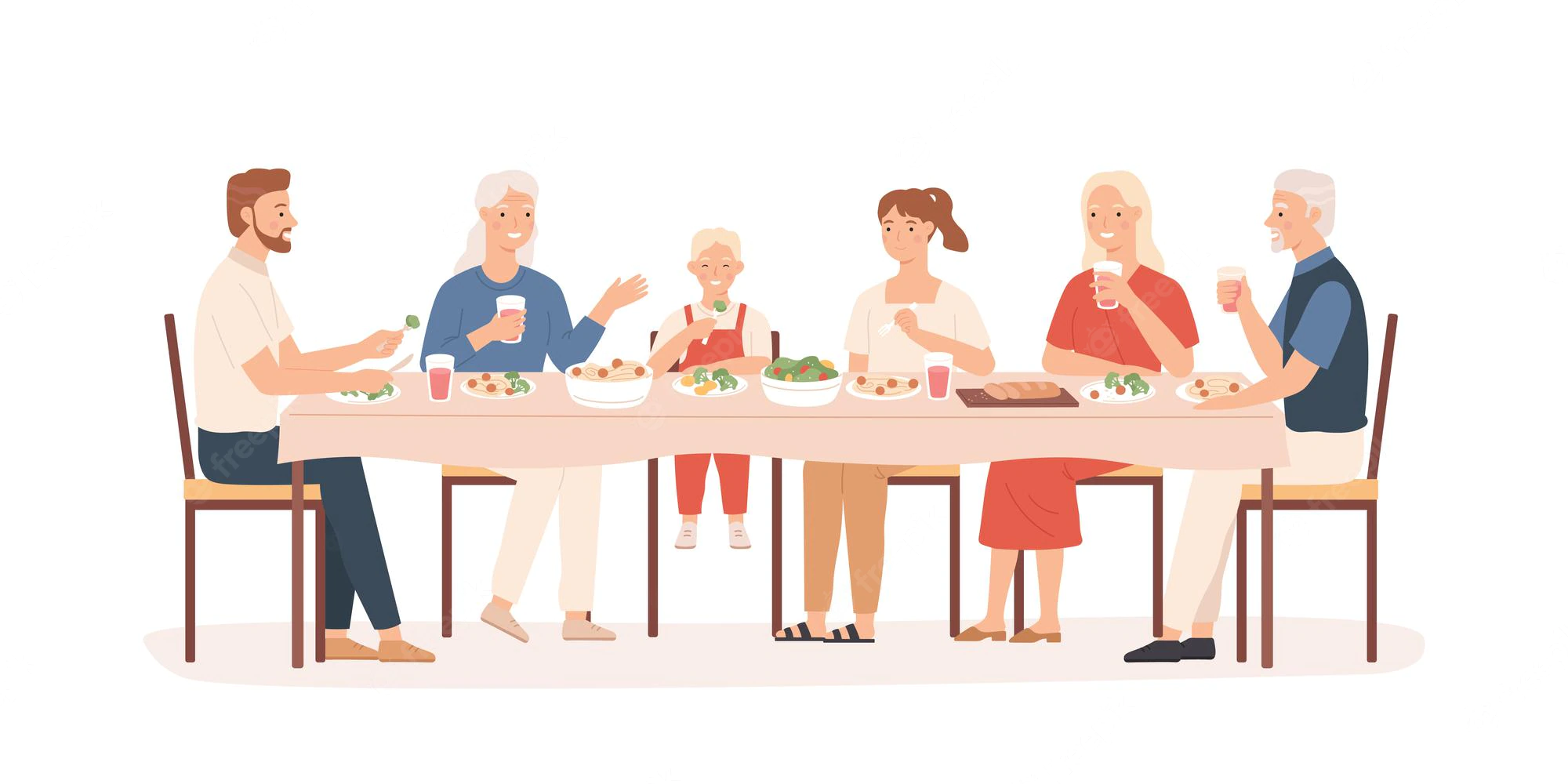My father had cancer but didn’t want to talk about his health. Or his health care. Or his health care wishes. None of it. He wanted to know how his grandsons were doing. And how I was doing at work. And where we were going to have lunch after his appointments. For a year and a half, I fished for information about his care preferences. Each time, he “hadn’t thought about it.”
When cancer spread through his body, I thought he’d be ready to talk. Before, during treatment, he’d concentrated all his energy on making it through radiation, surgery prep, chemo, and recovery from chemo. He had no spare energy to spend on “what ifs”. In my dad’s case, terminal illness care wasn’t the right time to have a conversation about care.
Now, though, it felt even more important to have “the conversation,” And he was finally willing to at least broach the topic. Over a few brief and awkward conversations, we learned that he didn’t want to go to the hospital anymore, that he was open to hospice, and that he wanted to be cremated. Other than that, nothing. “The rest is up to you,” he finally said, ending the conversation for good. He didn’t have any more guidance, and certainly no more patience to talk about it. He had living to do.
I was surprised. To me, it felt slightly irresponsible to leave all these decisions to other people. But then I realized I didn’t have my own answers to many of the questions I was asking him. I decided I wanted to handle my own advanced care planning differently.
My husband and I had already each named one another as our health care proxy. I also had a basic living will in which I requested, if there were no reasonable expectations of recovery, that I be allowed to die naturally. In the face of so many unanswered questions about my dad’s care, though, it didn’t feel like enough. I thought I could be more specific. Give better answers than I was getting from my dad.
Sensing that the topic wasn’t going to come up on its own, I ambushed my husband on our next date night.
“If I’m ever in the hospital and can’t talk, I want you to know I don’t want to be put on a ventilator,” I said, reaching for the bread basket.
“What?” he said, though I know he heard me. He recovered quickly, asking “What if it’s only temporary? Like so you could recover enough to be okay without it?”
“Well, in that case…” I said, buttering my bread. I hemmed and hawed. I don’t remember my exact answer, just that as we looped through various if-then scenarios, I found exceptions to what I’d want in nearly every case. If machines or poor health prevent me from going outside to feel the wind on my skin, I don’t want to receive aggressive medical treatment…unless the treatment could allow me to regain some of my abilities. If I’m terminally ill, I want to be alone…unless being with me will help someone I love process what is happening. I want to share what’s going on with my health with my family…unless it’s too stressful for them. I don’t want to die at home…but I don’t want to die in a hospital either.
I realized, before our entrees even arrived, that my wishes depend on factors I can’t know right now. I knew I couldn’t create a long list trying to answer every hypothetical question.
“Look,” my husband said, “it’s going to be up to me. I’m going to have to decide.”
The truth of his statement stopped me in my tracks. The conversation was way too abstract. And all my choices were subject to change based on…well, everything. My health at the time, our family situation, health care technology, and so much more. He didn’t mean to end the conversation or imply that it wasn’t worth discussing. He just wanted to point out what he saw: in the absence of illness or injury, I didn’t truly know what kind of care decisions I wanted someone to make for me in unknown circumstances. He would have to decide, in the moment, with the help of health care professionals and others who care for me.
This realization changed the whole conversation because if he’s deciding, he’d better know what’s important to me. Not what’s important about my care through the end of life, but what’s important to my life. What makes it worth living? What does a good day look like? What are my values? I realized that if he knows the answers to those questions, I’m comfortable with whatever he decides. I understood more about where my dad was coming from — we knew his values, and for the rest, we would have to be his voice.
I no longer believe I can express my care preferences in detail, in advance. But I can nominate and prepare “my person”. You can, too. Decide who you want to advocate for you, and have that conversation. Formalize the decision so they have a legal right to participate in critical conversations with your health care team if the time comes.
Having the conversation isn’t about making decisions about ventilators and pacemakers and feeding tubes. The conversation is really a series of intimate conversations, sharing what matters most, with someone who cares about us, casually, over time. And the right time to start those conversations is now.
Karen Purze is the author of Life In Motion: A Guide for Gathering Life’s Vital Details, a workbook to help people get their affairs in order. She is currently working on a memoir about her caregiving experience.
Want to keep connected to The Conversation Project? Sign-up for our newsletter(s), follow us on social media (Twitter, Facebook, Instagram, YouTube) download our conversation starter resources and feel free to reach us at ConversationProject@ihi.org.

